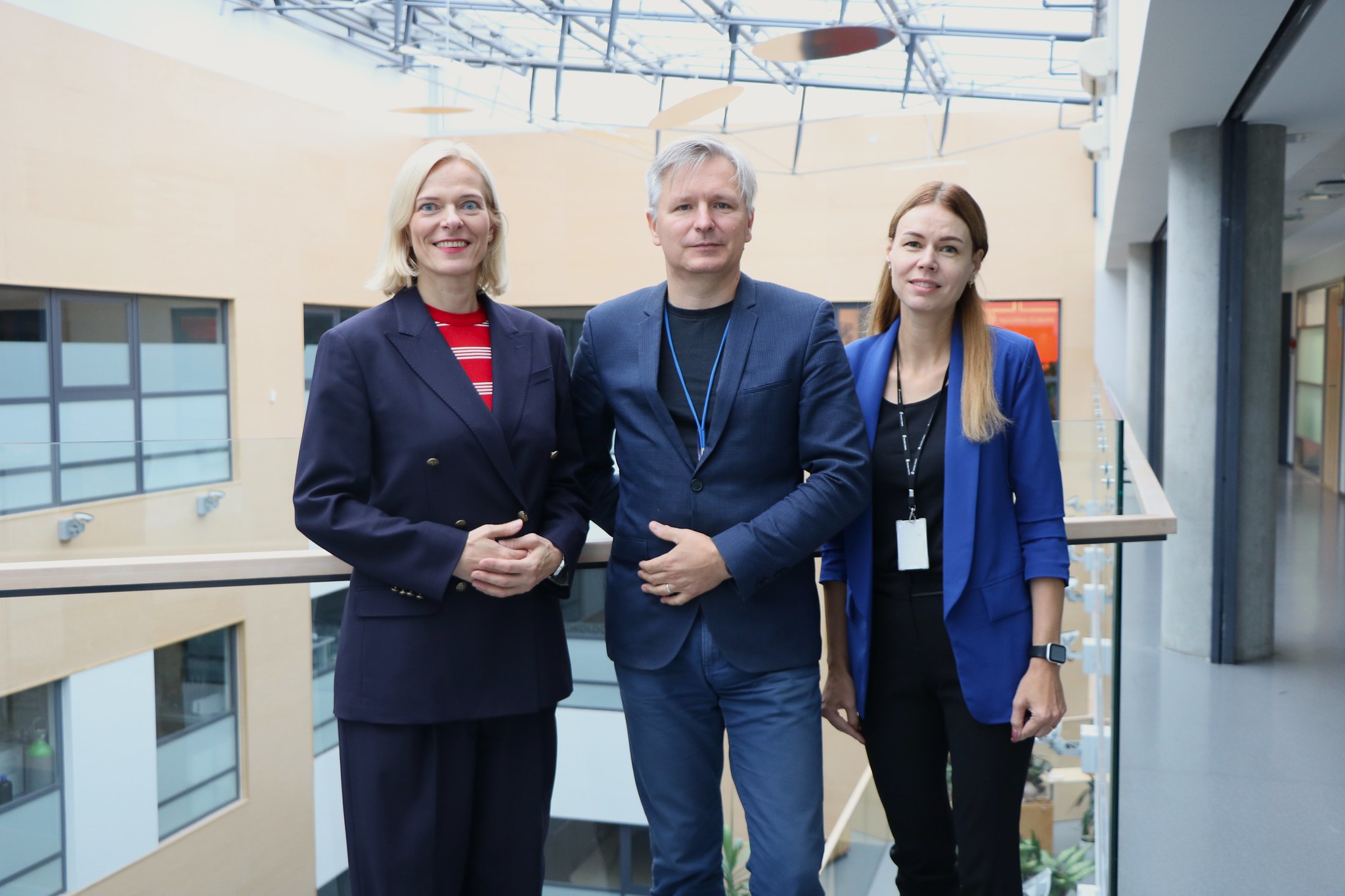How to Sell Science?
As a scientist, when confronted with such a question, one may initially feel discomforted by the notion. After all, scientists engage in research, not in business or product development. However, society has increasingly recognized the need for education, digital technology, and STEM researchers to channel their scientific findings and experiences into the realm of companies and thereby into the service of society.

This is precisely the goal that Tallinn University embarked on this summer with the launch of the European Horizon flagship project, "EdTech Talents". The project aims to develop functional cooperation models over four years that will help scientific findings adapt efficiently into educational technology services and products. This, in turn, promotes the creation of research and evidence-based services and products that enhance education.
Over the course of these four years, researchers and support personnel from Estonia, Serbia, and Hungary are sharing their expertise with educational technology companies in other countries or learning from them. The objective is to develop their knowledge into a valuable service, which can then be disseminated to other businesses.
The logic behind this is straightforward. International knowledge is gathered and disseminated within both local institutions and the broader educational technology ecosystem. This iterative process continues until the new knowledge service reaches a level where it can be tested with potential end-users.
The project's coordinator, Janika Leoste, a senior researcher in educational robotics at Tallinn University, along with her colleague, Uglješa Marjanovic, a professor of industrial management at the University of Novi Sad in Serbia, seeks to develop a methodology that brings university researchers and educational technology companies together for collaborative innovation projects.
"The first step for a scientist," says Janika Leoste, "is to create an engaging self-introduction for entrepreneurs. Scientists are accustomed to their ETIS (Estonian Research Information System) profile, listing all their academic achievements and career path. However, this might not be readily understandable or persuasive for an entrepreneur."
During the first research trip in Spain in the framework of the project, they collaboratively crafted an initial vision of a scientist's profile, primarily answering questions that potential entrepreneurs might have when purchasing services from a university:
- What kind of consultation can I get in my field?
- How much does it cost?
- Is this person an expert in their field?
- What are their previous successful projects?
- How long are they willing to dedicate to my project?
- What is the maximum time commitment?
- How quickly can a new product or service be launched?
The initial 'scientist's sales profile' was also presented on October 18 at Tallinn University's knowledge transfer seminar, where the initial project experiences were shared by Janika Leoste, who is the collaboration lead for the STEAM4EDU cluster at the Institute of Educational Sciences, project coordinator Sirly Väät, and Martin Sillaots, an associate professor of serious games from the Institute of Digital Technologies.

Below, you can find the initial scientist's profile developed to assist participating researchers in the project to effectively present their research to educational technology companies, helping them in creating new knowledge transfer services or products.

The project has been financed by the European Union research and innovation program Horizon on the basis of European grant agreement No. 101119689.

